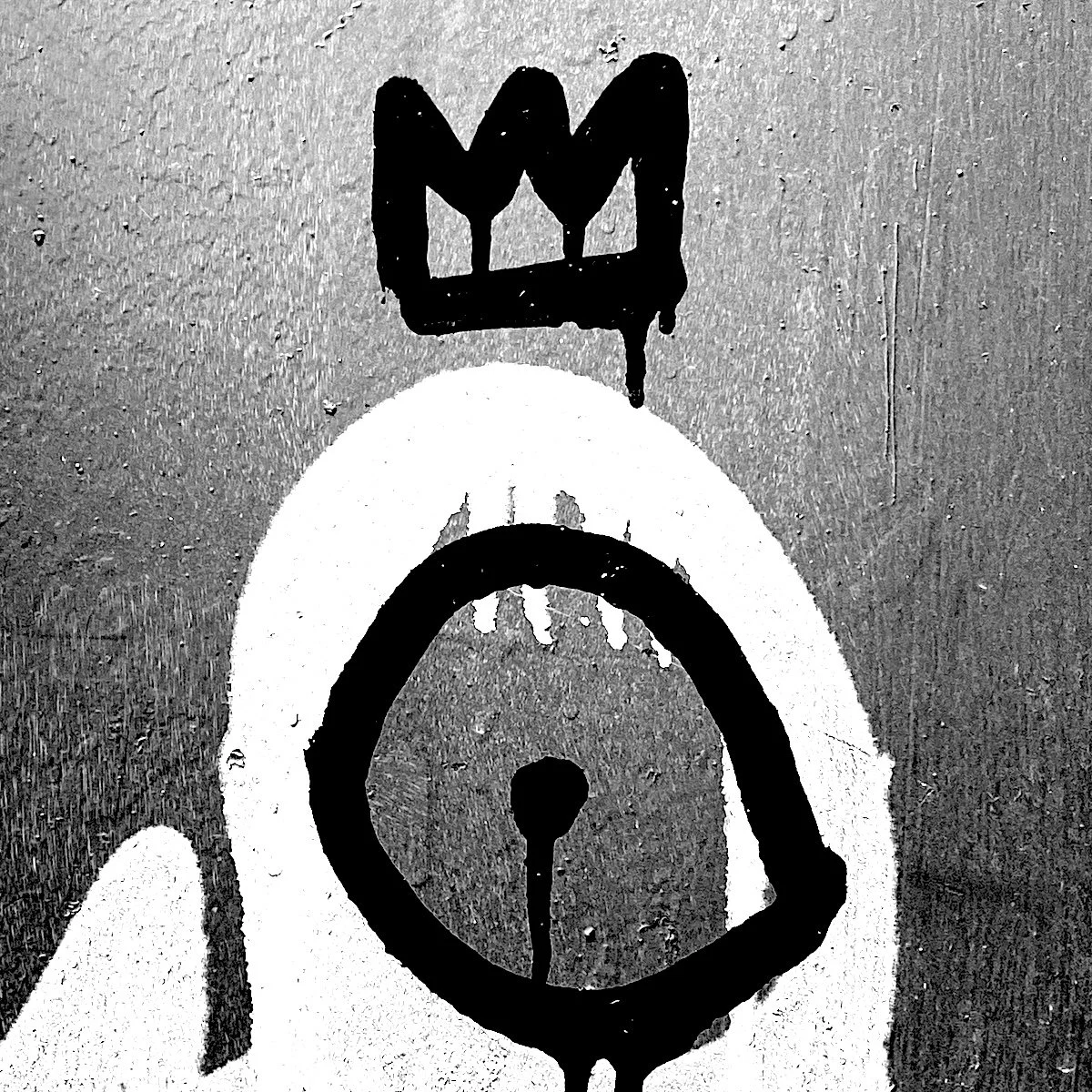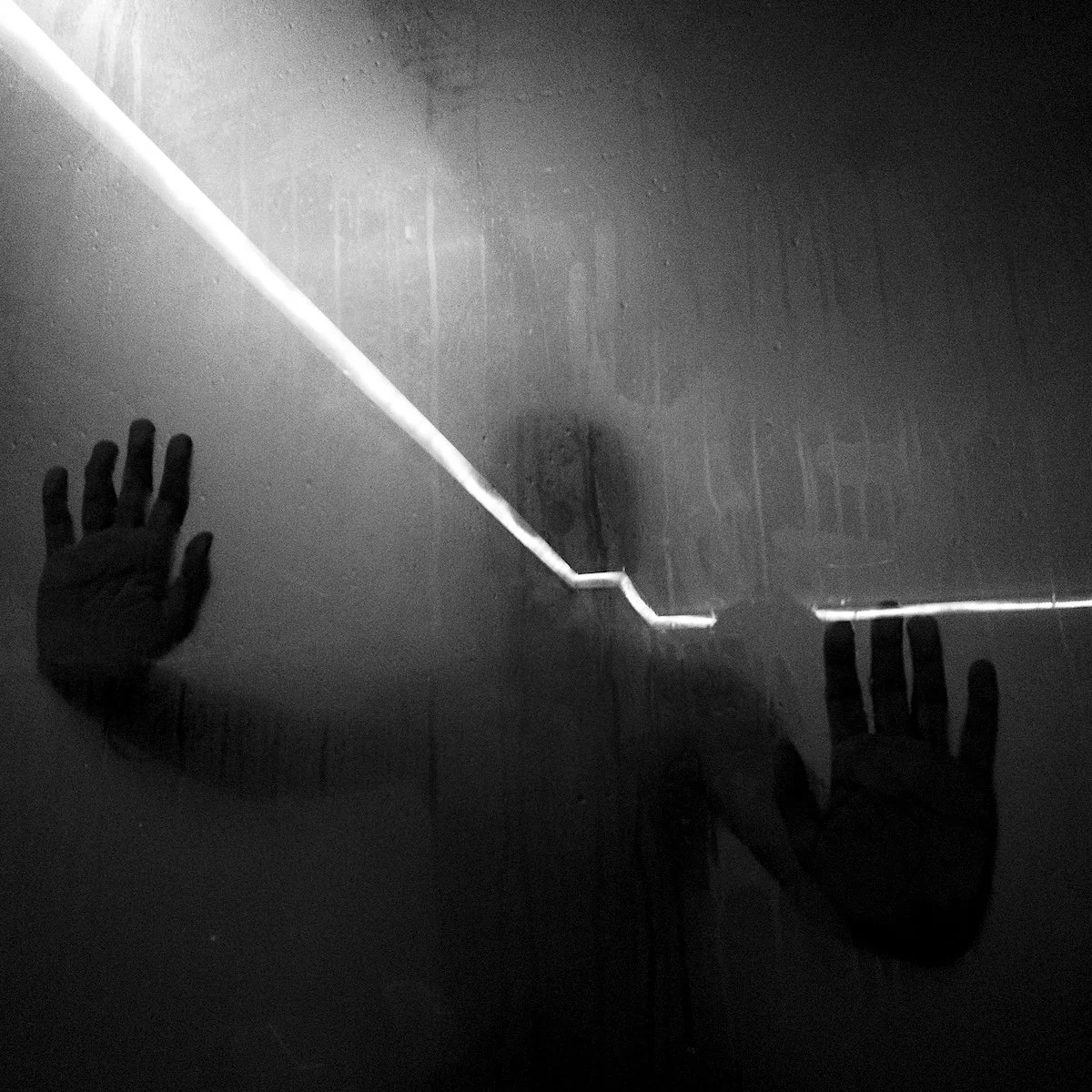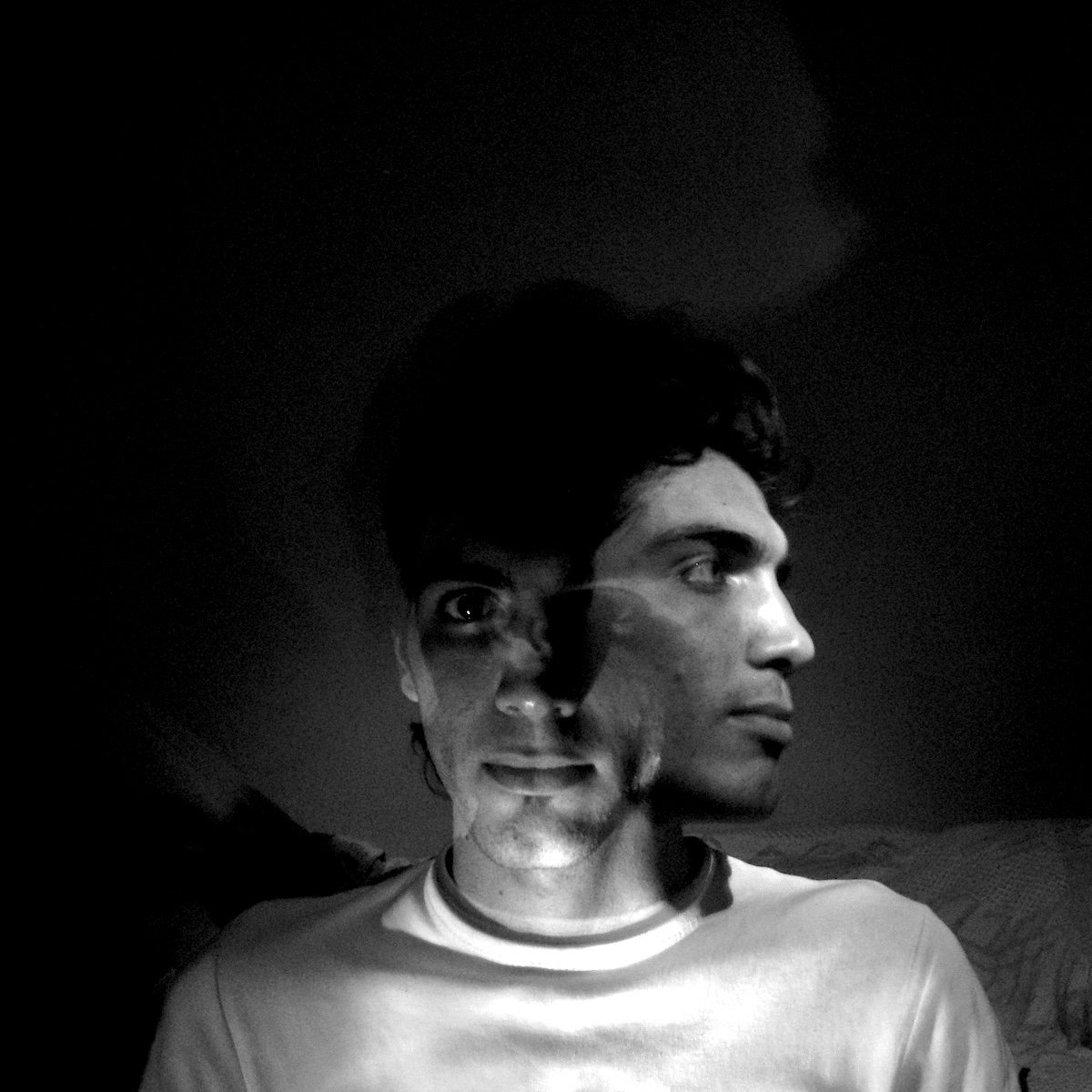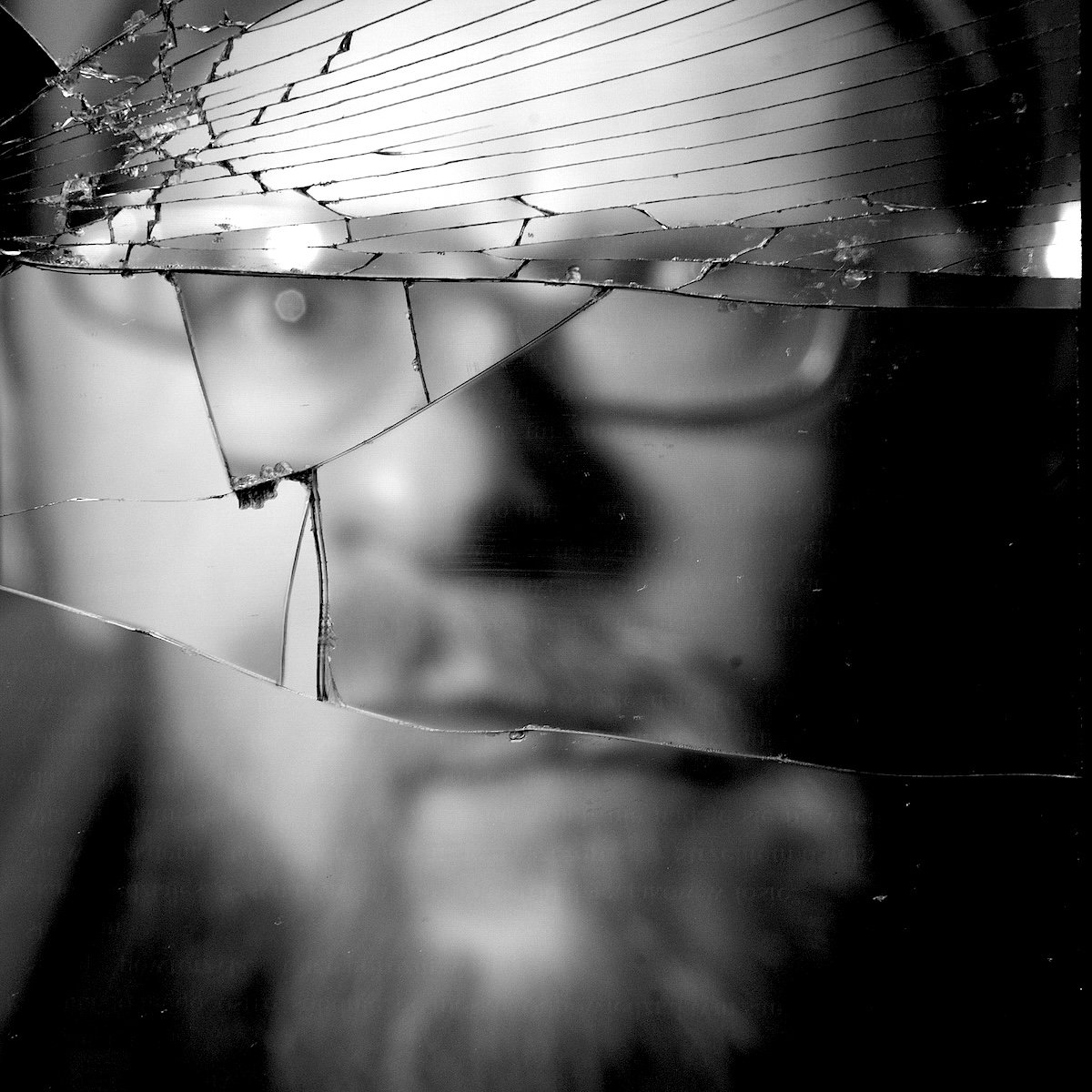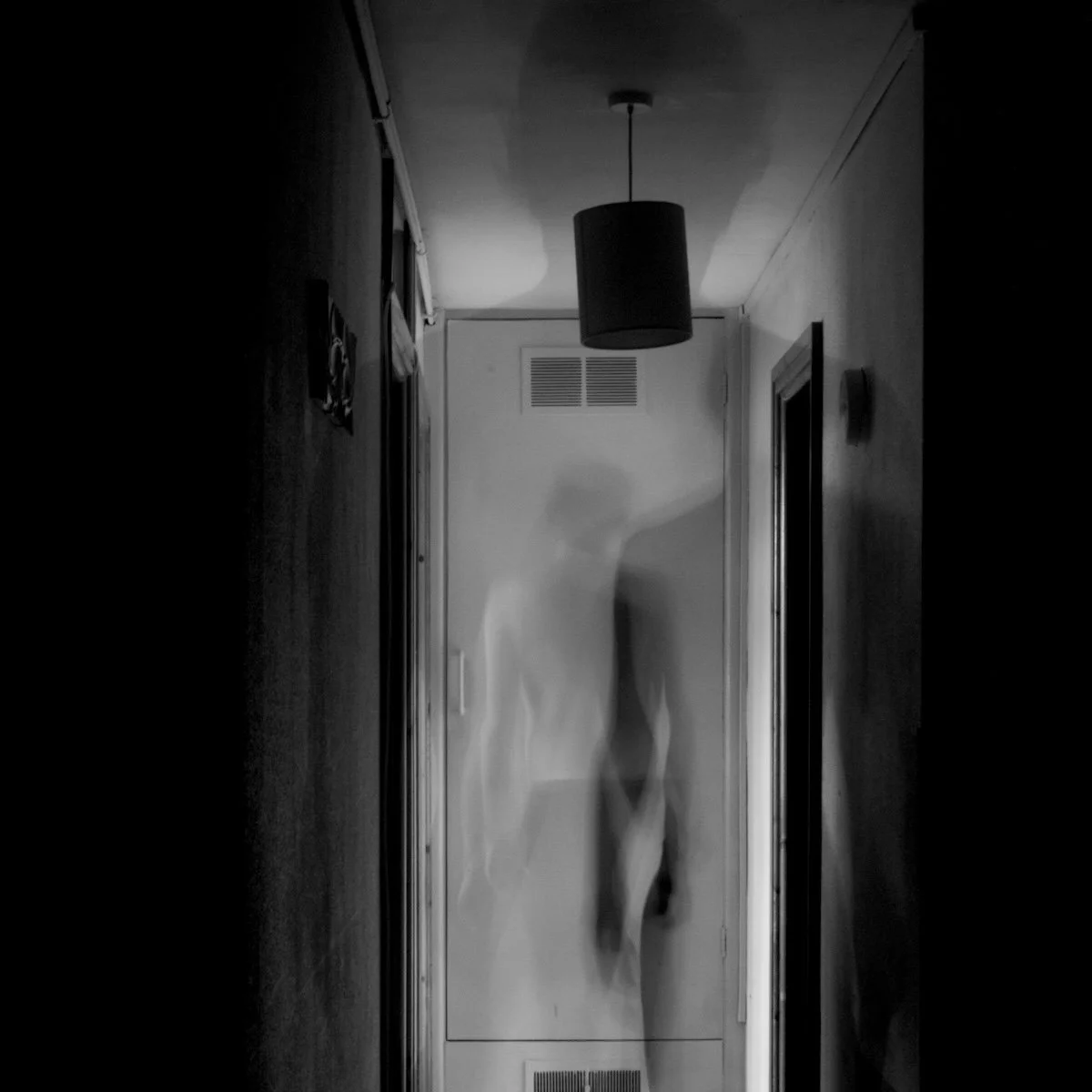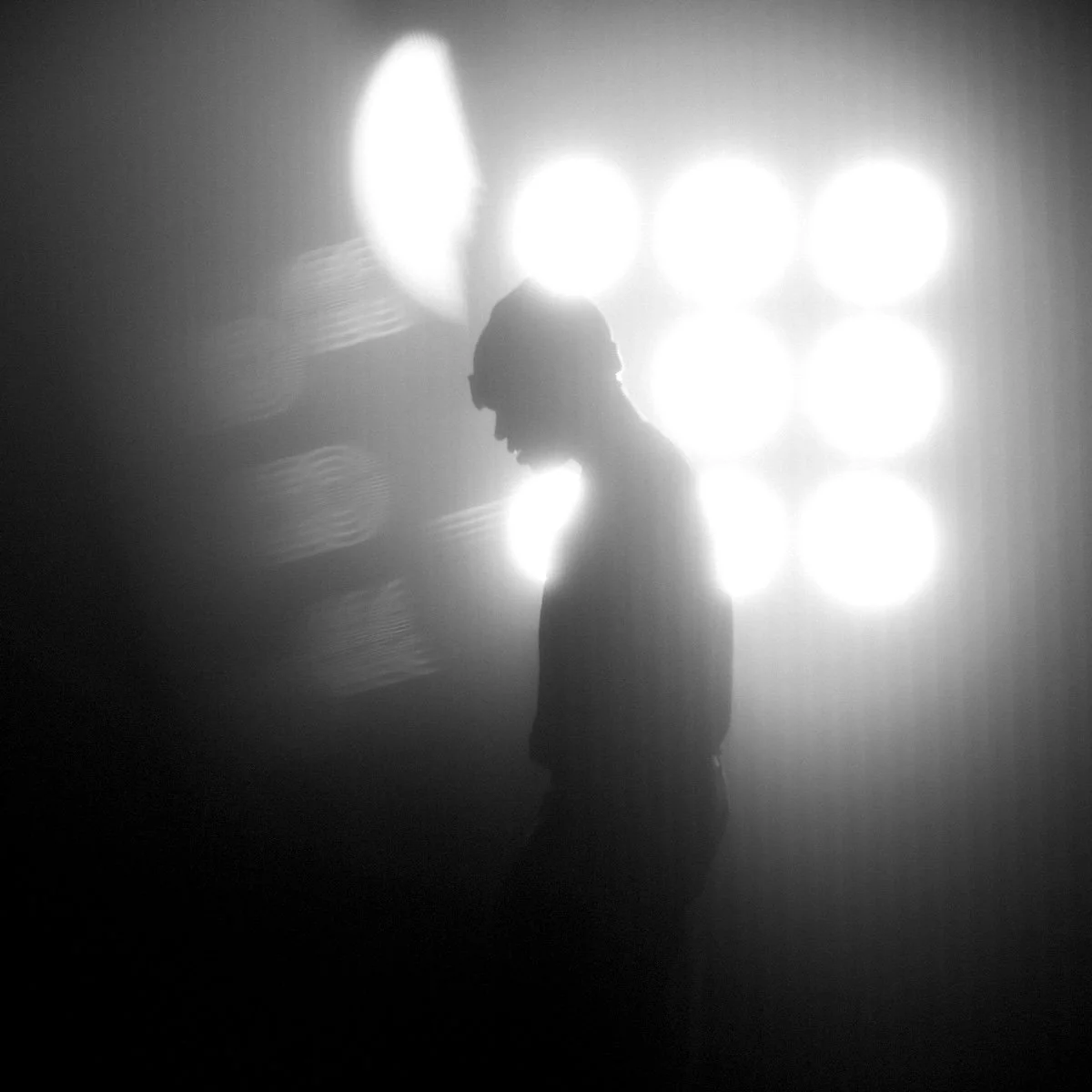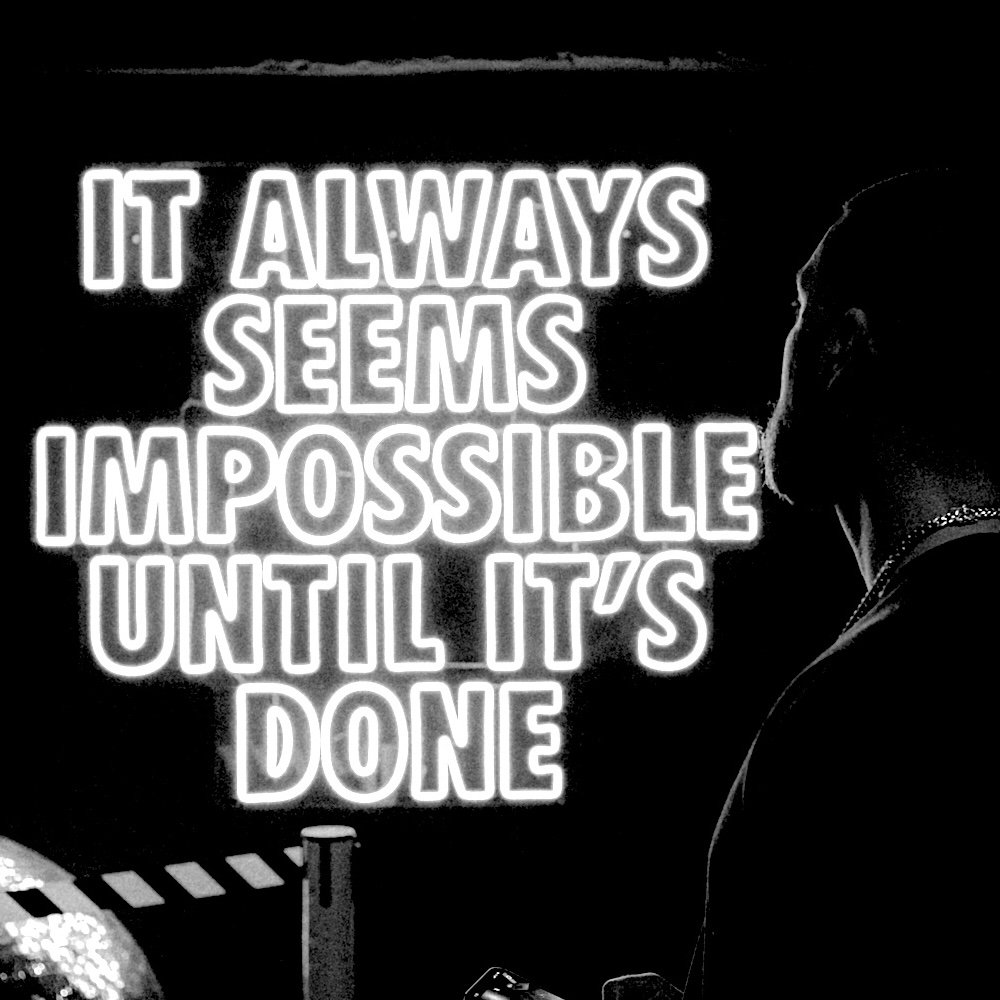
“As a young man I thought my journey would be upward and outwards, toward what I wanted and what I thought would bring me happiness, but my real journey was inwards, towards what I needed and what brings me meaning and joy.”
LHJ
The Shame of Not Starting.
There’s something quietly brutal about being a capable man who’s stalled.
You have the intelligence.
You’ve done the therapy.
You’ve collected tools, wisdom, insight, advice.
You know what needs to change.
And yet - you’re not moving.
You fill your day with small victories.
You play the part.
You say the right things.
But there’s a gnawing truth beneath it all:
You’re not living like the man you were supposed to become.
And that truth doesn’t roar. It whispers.
It waits.
It watches you scroll past your own purpose.
And eventually, it turns into shame.
Not the shame of failure.
The shame of knowing you’re meant for more - and doing nothing about it.
The Working-Class Code: The Lost Values That Built Strong Men.
There was a time when a man’s word meant something.
When loyalty wasn’t just a throwaway virtue, but a way of life. When toughness wasn’t performative, but a necessity. The men who built the world - bricklayers, steelworkers, miners, shipbuilders - didn’t have time for self-help seminars or motivational speeches. Their personal development was carved into them through struggle, sweat, and the relentless expectation to stand up, show up, and take responsibility.
Now, those values - the values that made working-class men strong - are disappearing. And personal development, as it exists today, has nothing to say about it.
Not Every Battle Is Worth Your Fire.
We love the image of the warrior.
The man who doesn’t back down.
Who takes the hill, wins the debate, dies on the right hill with a smirk on his face and a blade in his hand.
But here’s the part they don’t show in the movies:
That man is exhausted.
He’s burnt out, bitter, and buried under the weight of a thousand battles that didn’t matter.
Because here’s what no one told us:
Not every battle is worth your fire.
Not every opinion needs to be challenged.
Not every insult deserves a rebuttal.
Not every hill is worth dying on.
And until you learn to choose your wars, you’ll keep setting yourself on fire to prove you’re not afraid to burn.
Stop Apologising for Your Standards.
Let’s get something straight.
Your standards are not the problem.
Your guilt about having them is.
We live in a culture that teaches men to soften. To dilute. To apologise for wanting excellence, clarity, honesty, depth.
We’re told to lower the bar, compromise, be flexible.
But here’s the truth:
Your standards are sacred.
They’re not barriers. They’re boundaries.
They’re not arrogance. They’re alignment.
They’re not about being better than anyone. They’re about being true to yourself.
The Death of Honour: Why No One Respects Men Any-more (And How to Change That)
Once upon a time.
A man’s word was his bond. Honour was not just a virtue; it was the foundation of a man’s identity. A man lived and died by his reputation, by his actions, and by the respect he commanded.
Now? Honour is a relic. Something we read about in old books and warrior codes, not something we see in the modern world.
Men today are desperate for respect, but few understand that respect is not given - it is earned. We live in an age where honour is not demanded, where integrity is optional, and where men seek validation from strangers on the internet rather than the respect of the men standing beside them.
The result?
A world where men no longer respect themselves, so no one else respects them either.
It’s time to change that.
Sacrifice or Stagnation: The Brutal Truth About Growth.
Growth has a price.
The problem is, most men don’t want to pay it.
We want strength without suffering, success without sacrifice, change without loss.
But here’s the truth no one wants to admit:
If we want to rise, something must fall.
If we want to gain, something must be given up.
If we want to evolve, something must die.
The price of progress is sacrifice.
And the reason most men stay stagnant, stay stuck, stay weak - is because they refuse to let go of the comforts, the distractions, and the easy paths that are keeping them exactly where they are.
Power Is Learning to Stay.
When things get hard, most men leave.
Not always physically.
Sometimes we stay in the room, stay in the marriage, stay on the call.
But we’re already gone.
Numb. Shut down. Distracted. Planning the escape.
It’s the same ancient pattern:
Fight.
Flight.
Freeze.
F**k off.
But there’s a fifth option most men were never taught.
The hardest one.
The one that changes everything.
Stay.
No One Teaches Us How to Let Go.
Letting go sounds peaceful in theory.
Like a leaf falling from a tree.
Like something gentle. Elegant. Wise.
In reality, it’s a bloodbath.
Because no one teaches us how to let go.
They teach us how to hold on.
To grind. To commit. To fix.
To persist, no matter how much it costs.
We’re told:
“Don’t give up.”
“Stick it out.”
“Fight for it.”
And sometimes that’s right. But not always.
Sometimes holding on isn’t strength - it’s fear.
And until we learn how to let go with clarity and courage, we’ll keep mistaking attachment for purpose, and stuckness for loyalty.
Why We Are Addicted to the Fight.
There’s a man you become when things go wrong.
You know him well.
He shows up in crisis.
He thrives in war.
He gets shit done, takes no prisoners, and looks great in the mirror when he’s bleeding.
That man is sharp. Focused. Dangerous.
And that man? He’s probably your favourite version of yourself.
Because for most of us, conflict is the only time we feel clear.
When there’s a fire, we know what to do.
When someone crosses us, we know how to respond.
When we’re under attack, the purpose comes online.
We are addicted to the fight - not just because it’s dramatic or masculine or primal - but because it’s the only place we’ve ever truly felt alive.
Playing Not to Lose: How Fear of Failure is Wrecking Your Life.
Most men aren’t playing to win.
They think they are. They tell themselves they are. But the truth is, they’re playing not to lose - and there’s a massive difference.
When we play to win, we take risks. We push forward. We commit fully, knowing that failure is part of the process.
When we play not to lose, we hesitate. We hold back. We choose safety over growth - and in doing so, we guarantee our own stagnation.
This is why so many men feel stuck. It’s not because they don’t have opportunities. It’s because they’re too afraid to take them.
Men Are Starving for Brotherhood.
You can tell a lot about a man by the way he stands in a group of other men.
Some are stiff - like they’re bracing for a punch.
Some puff up - like they’re about to throw one.
Some fade out - like they don’t believe they belong at all.
We’ve built a generation of men who know how to compete with each other, compare with each other, sleep with each other’s girlfriends, steal each other’s clients, and undercut each other’s dreams. But we’ve lost the ability to truly stand with one another.
And it’s killing us.
Not dramatically. Quietly. Like slow hunger.
Because men are starving for brotherhood. And no one’s teaching us how to feed each other.
No One is Coming to Save You: The Power of Taking Full Ownership.
Most men live as if someone is coming to rescue them.
They don’t say it out loud, but deep down, they believe it.
They believe that if they wait long enough, someone will fix their problems, give them direction, or pull them out of the hole they’ve dug for themselves.
They wait for:
The perfect opportunity to show up.
The right mentor to take them under their wing.
The right relationship to finally make them feel whole.
The motivation to magically appear so they can take action.
But here’s the truth:
No one is coming to save us.
No one is coming to fix our lives. No one is coming to give us a purpose. No one is coming to make us into the men we were meant to be.
If we want to change, if we want to grow, if we want to build a life of strength, honour, and meaning, there is only one way:
We must take full ownership of everything.
How Would You Live if You Knew You Were Already Enough?
Let’s be honest.
Most of what drives us - men like us - isn’t hunger. It’s deficiency.
We say we want success, mastery, legacy.
But too often what we really want is relief.
Relief from that constant, unspoken ache underneath it all:
“Maybe I’m still not enough.”
This is the ghost that haunts high performers.
Not failure.
But the terror of being exposed as a fraud - of the whole thing crumbling when someone finally sees through your polished act.
The late nights, the grind, the six-figure wins, the curated humility, the abs, the meditations, the humble-brags, the discipline - it all buys us distance from that ache.
But not peace.
And here’s the brutal truth:
If you don’t believe you’re already enough, nothing you build will ever be enough.
Love Without Losing Yourself.
We were told that freedom was the ultimate goal.
Freedom to choose our careers.
Freedom to reinvent ourselves.
Freedom to pursue whatever we desire.
Yet here we are, with more choices than any generation before us, and instead of feeling liberated, most of us feel lost, restless, and unfulfilled.
Too many of us are paralysed by indecision, hopping from one thing to the next, never committing, never building, never fully stepping into who we are meant to be.
The modern world sold us a lie - that the more options we have, the happier we will be. But the truth is that freedom without direction is a prison. And the men who cannot commit, who cannot choose a path and walk it with conviction, are not free.
They are slaves to their own hesitation.
Retiring the Boyhood Strategy.
There’s a strategy most men are still using.
It was built in childhood.
Forged in confusion.
Perfected in pain.
And it worked - until now.
It made you fast. Clever. Resilient.
It kept you alive in homes where emotions were landmines, in schools where dominance was currency, in cultures that confused masculinity with performance.
But here’s the problem:
That strategy isn’t built for adulthood.
The Hidden Cost of Freedom: Why Having Too Many Choices is Killing Your Purpose.
We were told that freedom was the ultimate goal.
Freedom to choose our careers.
Freedom to reinvent ourselves.
Freedom to pursue whatever we desire.
Yet here we are, with more choices than any generation before us, and instead of feeling liberated, most of us feel lost, restless, and unfulfilled.
Too many of us are paralysed by indecision, hopping from one thing to the next, never committing, never building, never fully stepping into who we are meant to be.
The modern world sold us a lie - that the more options we have, the happier we will be. But the truth is that freedom without direction is a prison. And the men who cannot commit, who cannot choose a path and walk it with conviction, are not free.
They are slaves to their own hesitation.
Men, Your Playing Small Does Not Serve the World.
There are days when I wonder if I am doing enough
I like to believe I am strong. That I am showing up in the way the world needs me to. That I am standing where it counts.
But then I look at the state of things - the way people are struggling, the way men are retreating, the way too many of us are sitting on the sidelines when we should be standing up - and I have to ask myself:
Am I playing small? Are we?
The Strength to Stay Is Greater Than the Power to Walk Away.
We glorify the exit.
The clean break. The stoic face disappearing into the distance with a duffel bag over the shoulder and a cigarette lit against the wind. Walking away has become a cinematic virtue - a symbol of strength, clarity, and liberation.
But let’s not lie to ourselves.
Sometimes walking away is the easier path. The sexier one. The one that makes us look strong while letting us quietly dodge the fire. Staying - really staying - takes a different kind of muscle. One most of us were never taught to develop. Because staying means presence. It means pain. It means not flinching when the old stories rise from the floorboards of your soul and demand to be faced.
And most of us are still boys when the test comes.
What Starts with Me - What Ends with Me.
Every man carries a torch.
The question is: Did you light it - or did someone else?
Most of us are walking around carrying generational burdens we didn’t ask for.
Patterns. Beliefs. Addictions. Silences. Rage. Guilt. Absence.
Some of it was taught.
Some of it was shown.
Most of it was absorbed long before we could name it.
We carry our father’s shadows in our posture.
We carry our grandfather’s ghosts in our dreams.
We live out choices made by men who never had choices themselves.
And unless we stop and ask the hard question - What starts with me, and what ends with me? - we’ll pass it all down, just like they did.
Unexamined.
Unbroken.
Unconscious.
You’re Not Stuck - You’re Waiting for Permission.
You say you’re stuck.
You say you’re confused.
You say the timing’s not right, the clarity’s not there, the offer’s not ready.
But here’s the truth:
You’re not stuck. You’re waiting.
Waiting for a sign.
Waiting for certainty.
Waiting for conditions to align.
Waiting for someone to come along and say:
“You’re allowed to want this.”
“You’re ready now.”
“You can go.”
But no one’s coming.
No one’s going to knock on your door with a scroll and a sword and declare you chosen.
There is no certification.
There is no throne to be handed down.
There is no permission slip for your own life.
You either claim it, or you stay stuck.

